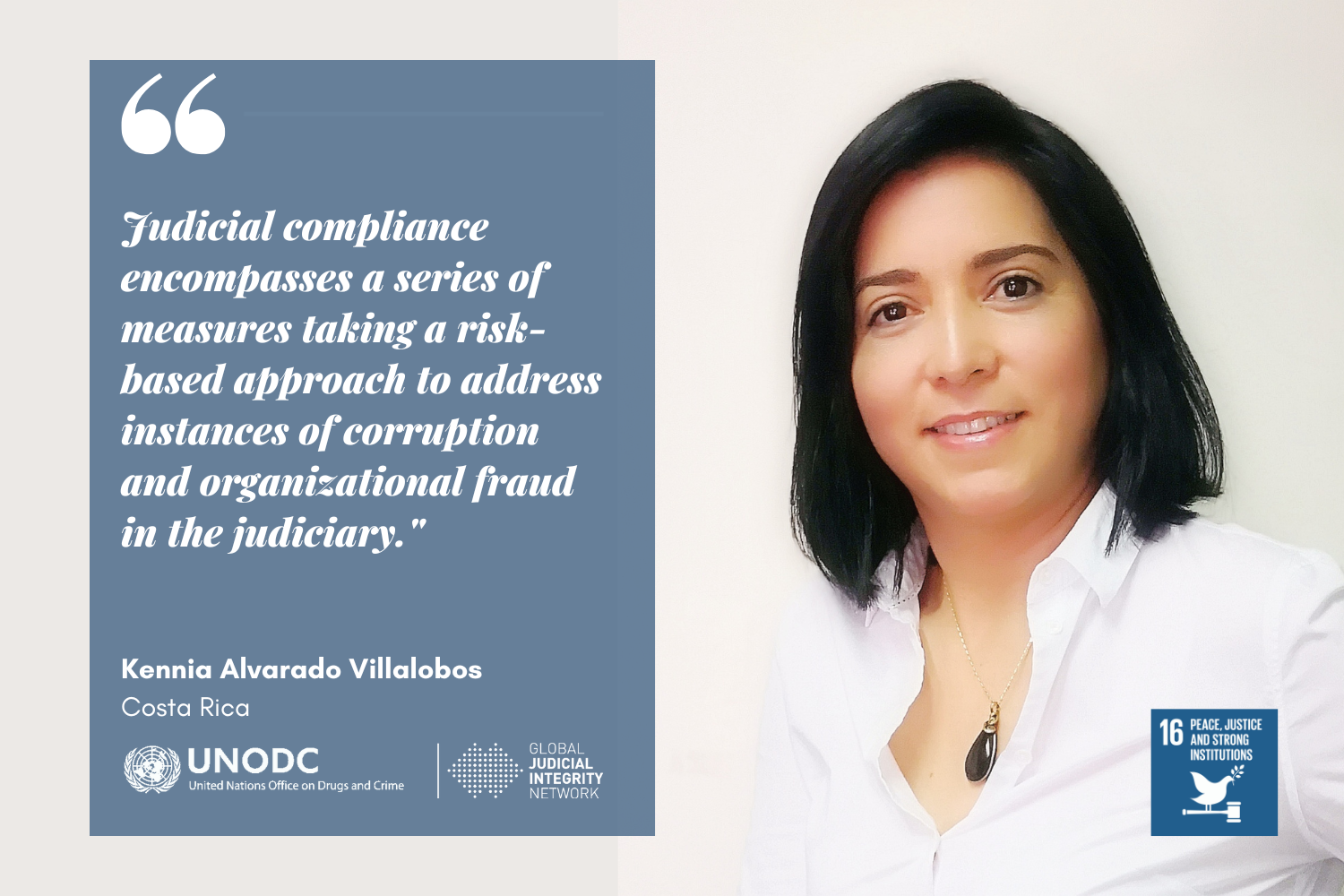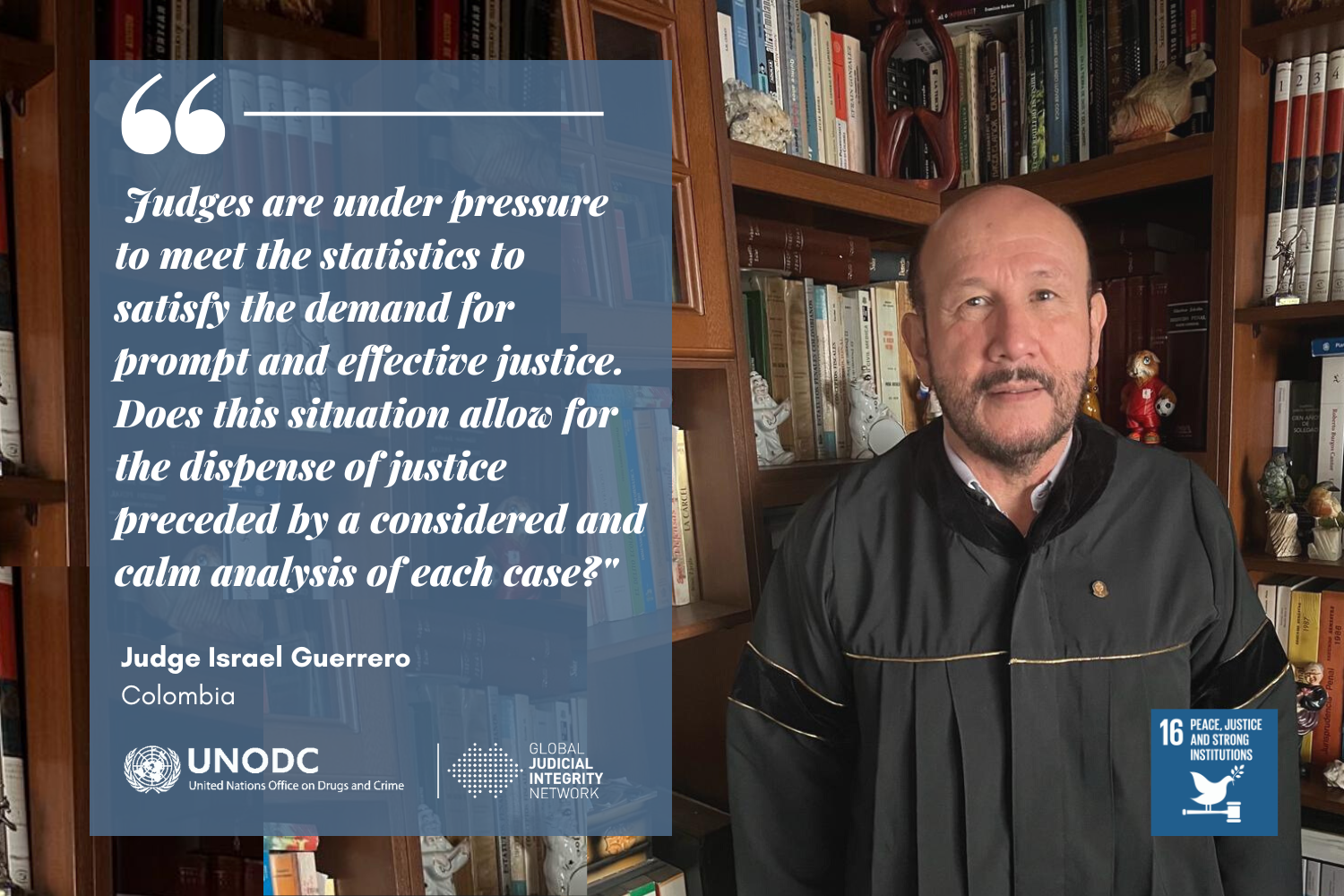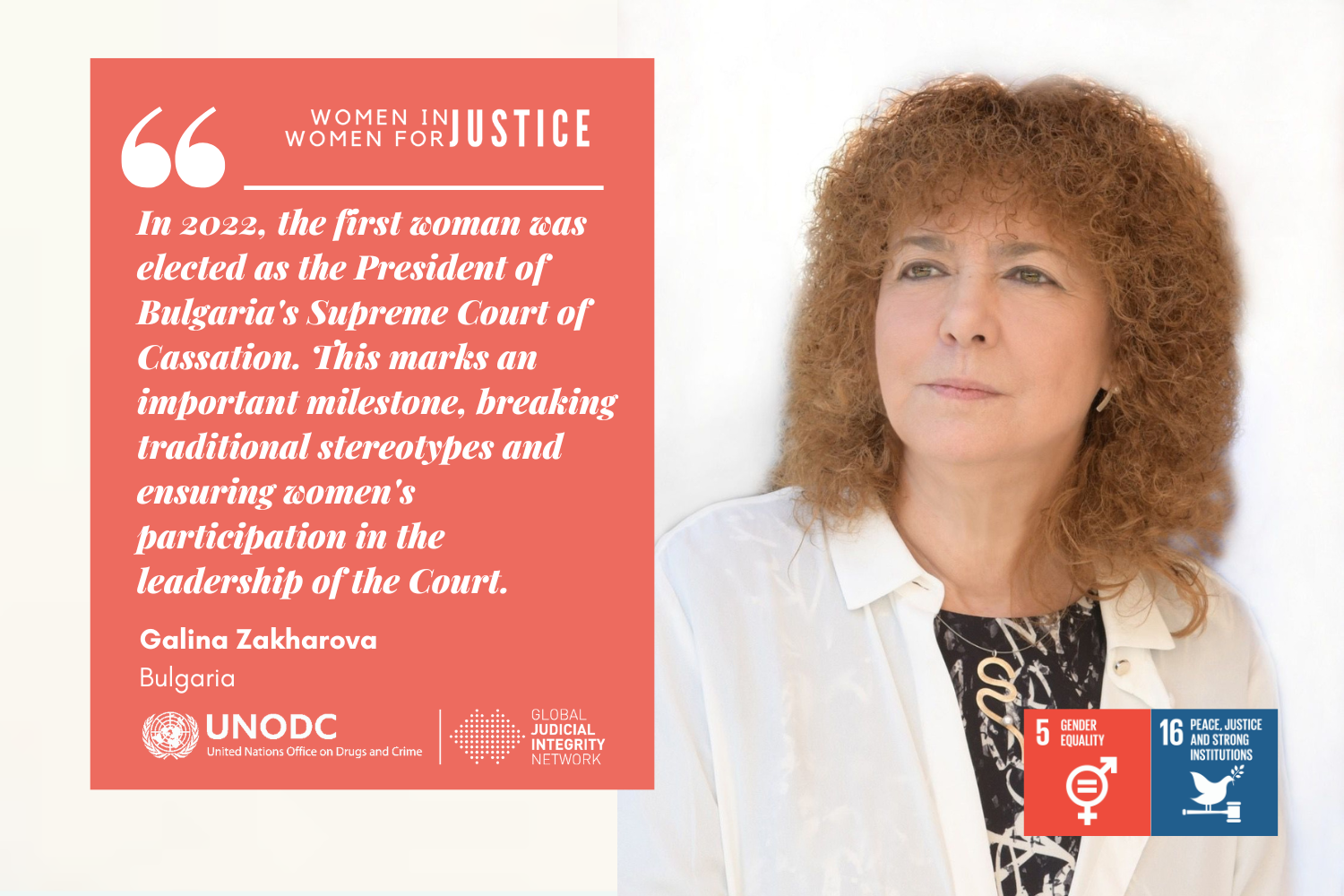The significance of women judges and my contribution towards equality and the equality of access to justice
Hon. Tun Tengku Maimun b. Tuan Mat is the Chief Justice of Malaysia. Among her broad professional experience, she previously served in the Judicial and Legal Service and was the Chief Registrar of the Federal Court before being appointed as a Judicial Commissioner of the High Court of Malaya. She later served as a judge in the High Court of Malaya, the Court of Appeal and the Federal Court of Malaysia.
______________________________
On my elevation to the Office of Chief Justice, you would have seen or read popular taglines referring to me as the first woman Chief Justice of Malaysia. Soon after my elevation, I have always stated that my position is not at all determined or indeed, coloured by my gender.
In Malaysia, women are represented in all facets of the judiciary, be it the subordinate court or the superior courts.[1] Therefore, the issue of gender diversity within the Malaysian Judiciary may not be as pervasive as one may think. The former President of the Court of Appeal was a woman and approximately half of the judges in Malaysia are women. In the Federal Court, amongst the eight judges sitting on the Bench, five are women.[2]
Eradicating Gender Biases in the Courtroom
Nevertheless, there remain many instances in the legal profession dealing with the concept of access to justice in the context of gender equality. I often emphasise the importance of diversity and representation within the judiciary as it provides female clients representation, a sense of safety and confidence inside the courtroom.
The decision by Justice Zaleha Yusof in the landmark case of Noorfadilla Ahmad Saikin v Chayed Basirun & Ors [2012] 1 CLJ 769 highlights how judges should be forward-looking on issues relating to women and children. This decision is an illuminating example of how the legislature and the judiciary worked hand-in-hand to ensure the safeguarding of women and conferred them the right to not be denied employment merely because of pregnancy.
In promoting access to justice for women, I have ensured that judges continuously undergo training programs and workshops relating to issues affecting gender. Under my supervision, we proposed to work with the International Court of Justice (ICJ) to expand the mindset of judges in an effort to promote gender neutrality whilst eradicating gender stereotyping within the courtroom.
In a vibrant and multi-faceted country such as Malaysia, access to justice has many prongs and manifests itself on many planes outside of gender. In the narrowest sense, access to justice represents the ability of all persons – no matter their gender, race, or religion – to appear in court. Access to justice means more than the ability to make one’s way to court; it encompasses the element of effective access which includes the ability to have a fair trial or hearing and the right to procure a remedy considered just and fair on the merits of the case. As COVID-19 disproportionately impacted marginalised communities and their access to justice, it was important for the judiciary to ensure and safeguard each Malaysian's ability to access the courts.
Promoting Access to Justice During COVID-19
During my time as a Chief Justice through the COVID-19 pandemic, we had to uproot our traditional understanding of how courts can operate and turn towards innovative methods and technological advancement to promote greater access to justice. Accordingly, the judiciary has made several reforms and implementations to alleviate any challenges to access to justice.
(i) Virtual Courts and Online Hearings: During the COVID-19 pandemic, the judiciary has invested in hardware and software to accommodate the shift from physical hearings to online hearings. In the Palace of Justice, the Technology Court and courtrooms have been upgraded to cater to the courts’ increasing reliance on online hearings with the installation of video face equipment, a voice-tracking conference system and a virtual conference set. Additionally, we are formulating a new practice direction in the context of hybrid criminal trials at the Superior and Subordinate Courts. The wheels of access to justice are not halted when all parties are ready and willing to utilise technology.
(ii) Legal-Aid Representations and Self-Representations:In an effort to attract more senior counsels to provide representation for accused individuals in criminal cases, the judiciary also seeks to revise the court-led legal aid structure fees. This revision has been implemented vide the Chief Registrar’s Circular No. 1 of 2022. This is to enable the accused to receive adequate representation through an assigned counsel. Court staff are also appointed to aid and provide manuals to unrepresented litigants to equip them with basic information.[3]
(iii) The Continuation and Strengthening of Mobile Courts Programme:The geographical and physical impediment experienced by those living in remote and inaccessible terrain is a significant barrier to the equal access to justice. Therefore, the Mobile Courts Programme operates through the conversion of vehicles into ‘mobile courtrooms’ or through the convergence of relevant court and government officials at relevant locations to assist with administrative matters, related issues and the dispense of legal aid to those in need.
(iv) The Digitalisation of Court Processes: With a view to enhancing access to justice, efforts have been taken to introduce, expand and extend current e-procedures which include but are not limited to the expansion of e-Review Module in the Kuala Lumpur and Shah Alam High Courts for Civil and Commercial cases; the introduction of e-Lelong for the virtual auction of immovable property in court; quick response code (QR Code) for the authentication of court documents; the expansion of the e-Court system to all lower courts throughout Peninsular Malaysia; and updating the e-Jamin system to allow those members of the public who do not have online bank accounts or who do not use online banking to deposit the bail amount via ATM at any bank. The implementation and introduction of these electronic systems are crucial in enhancing access to justice for marginalised communities.
(v) Paperless Submissions:To improve equal access to justice for underprivileged and marginalised communities, the reduction of disbursement costs incurred by individuals seeking legal recourse is key. Therefore, lawyers and the Attorney General’s Chambers are no longer required to make their appeals submissions on paper.
In conclusion, promoting access to justice is vital for maintaining a fair and equitable society. It ensures that everyone, regardless of their socio-economic status, has the right to legal representation and a fair hearing. By providing equal access to the justice system, individuals are empowered to seek resolution for their grievances, protect their rights and hold those in positions of power accountable. This, in turn, strengthens the rule of law, establishes trust in the justice system and upholds the principles of democracy. Ultimately, promoting access to justice is about creating a society where everyone has an equal opportunity to seek redress and live with dignity.
[1] ‘Reflections on my journey to becoming the first female Chief Justice in Malaysia: Challenges and Champions’ delivered by the Chief Justice of Malaysia Tun Tengku Maimun Tuan Mat.
[3] 'Judiciary mulls revising fees for assigned counsels' – Chief Justice, published by Bernama on 16 Jan 2020; ‘Improving the Access to Justice’ by Shad Saleem Faruqi dated 30 January 2020.


